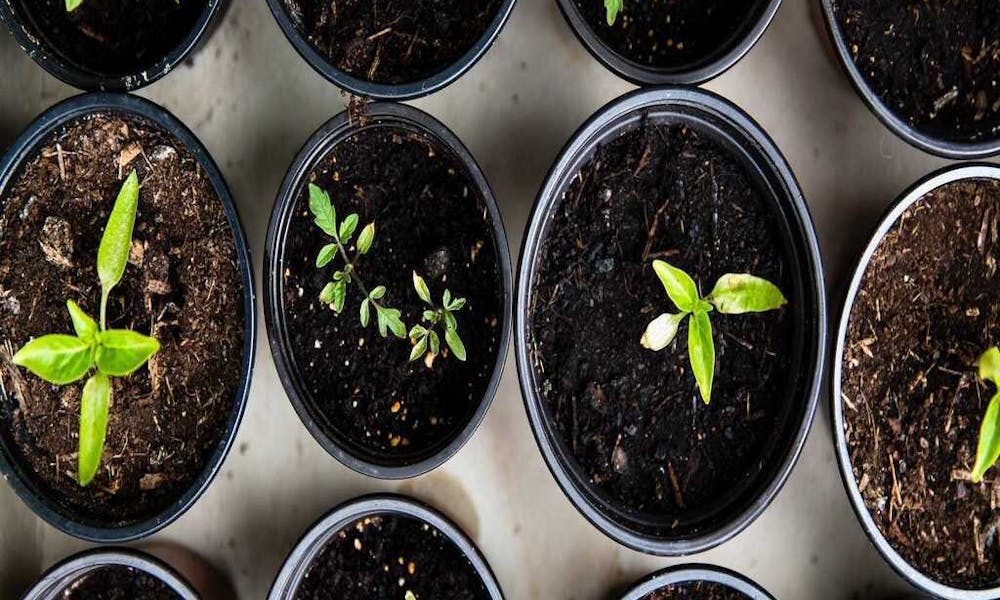Gardening is a rewarding and therapeutic hobby that allows you to connect with nature while creating a beautiful and vibrant outdoor space. If you’re a beginner looking to embark on your gardening journey, you’re in the right place! In this comprehensive guide, we will explore essential gardening tips and techniques to help you get started and cultivate a thriving garden. So, roll up your sleeves, grab your gardening gloves, and let’s dig in!
Selecting the Right Location
The first step in successful gardening is choosing the perfect location for your garden. Ensure that your chosen spot receives adequate sunlight throughout the day. Most plants require at least 6 hours of sunlight to thrive. Additionally, consider factors like proximity to water sources and protection from strong winds.
Choosing the Ideal Plants
Selecting the right plants for your garden is crucial. As a beginner, opt for low-maintenance and hardy varieties that are well-suited to your climate. Research the specific requirements of each plant, including water, sunlight, and soil preferences, to ensure they thrive in your chosen location.
Soil Preparation
Prepare your garden soil by enriching it with organic matter, such as compost or well-rotted manure. This improves soil structure and provides essential nutrients for plant growth. Take the time to test your soil’s pH levels and adjust them if necessary to meet the needs of your chosen plants.
Watering Wisely
Proper watering is key to a successful garden. Water your plants deeply but less frequently to encourage healthy root growth. Consider using a soaker hose or drip irrigation system to ensure even and efficient watering.
Providing Adequate Sunlight
Sunlight is the lifeblood of plants. Ensure your garden receives the right amount of sunlight by monitoring the sun’s path throughout the day. If your chosen location lacks sunlight, consider container gardening or growing shade-tolerant plants.
Mulching for Maintenance
Mulching helps conserve soil moisture, suppress weeds, and regulate soil temperature. Apply a layer of organic mulch around your plants to keep them healthy and reduce the need for constant weeding.
Pruning and Deadheading
Regular pruning and deadheading promote bushier growth and more blooms. Remove dead or damaged branches, spent flowers, and overgrown foliage to encourage your plants to flourish.
Pest and Disease Management
Stay vigilant for common garden pests and diseases. Identify and address issues promptly to prevent infestations from spreading. Consider natural pest control methods to minimize the use of chemicals.
Fertilizing Your Garden
Provide your plants with the necessary nutrients by fertilizing regularly. Use a balanced, slow-release fertilizer to ensure steady growth and vibrant blooms.
Container Gardening
If space is limited, consider container gardening. You can grow a variety of plants in pots and containers, allowing you to garden even in small spaces like balconies and patios.
Gardening Tools and Equipment
Invest in essential gardening tools such as pruners, trowels, and a sturdy wheelbarrow. Having the right tools on hand will make your gardening tasks more efficient and enjoyable.
Seasonal Considerations
Different seasons bring unique challenges and opportunities for your garden. Learn about seasonal gardening tasks and adjust your care routine accordingly.
Patience and Perseverance
Gardening is a journey that requires patience and perseverance. Don’t be discouraged by setbacks or failures. Learn from your experiences and keep experimenting to improve your gardening skills.
Conclusion
Embarking on a gardening journey as a beginner can be a fulfilling and enjoyable experience. By following these gardening tips and techniques, you can cultivate a beautiful garden that brings joy and tranquility to your life. Remember, every gardener started somewhere, so don’t hesitate to get your hands dirty and watch your green thumb flourish!
FAQs
1. How often should I water my garden?
The frequency of watering depends on factors like soil type and weather conditions. Generally, it’s best to water deeply but less frequently, allowing the soil to dry out slightly between watering.
2. What are some low-maintenance plants for beginners?
Beginners can start with easy-to-grow plants like succulents, marigolds, and zinnias. These varieties are hardy and forgiving.
3. How do I prevent weeds in my garden?
Mulching and regular weeding are effective methods to prevent weeds from taking over your garden. Use organic mulch to suppress weed growth.
4. Can I start gardening in a small space?
Absolutely! Container gardening is a great option for small spaces. You can grow a variety of plants in pots and containers on your balcony, patio, or windowsill.
5. How do I deal with garden pests without using chemicals?
Natural pest control methods include introducing beneficial insects, using neem oil or soap sprays, and practicing crop rotation to disrupt pest life cycles.
